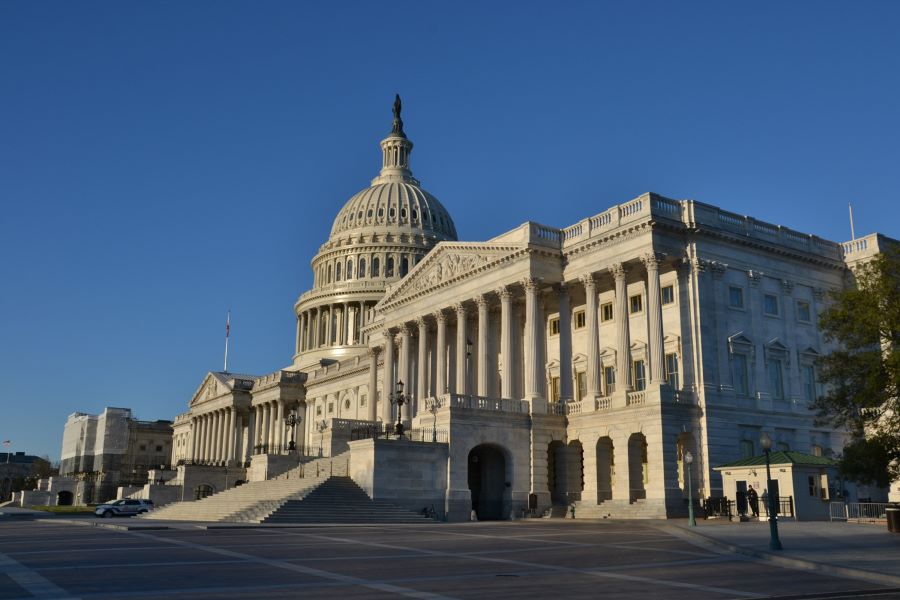The House is anticipated to approve a bundle of six spending bills. These bills aim to finance a significant portion of the federal government and prevent a partial shutdown this weekend. This action paves the way for final negotiations on the remaining budget for the year following months of political maneuvering.
House Prepares for Vote on Crucial Spending Bills
The House of Representatives is ready to approve a comprehensive set of six spending bills that would fund a substantial portion of the federal government. These bills cover essential areas: Agriculture, Justice, Transportation, and the Interior Departments. They have all relied on temporary funding extensions since the conclusion of the previous fiscal year on September 30.
Senate Expected to Follow Suit
According to Ny Times report, if approved by the House on Wednesday afternoon, the bills would authorize approximately $460 billion in federal agency spending through the remainder of the current fiscal year. The Senate is expected to follow suit with a vote by the end of the week.
Challenges Remain with Remaining Bills
According to Barron’s report, this looming agreement comes after extensive deliberations between lawmakers to address key issues and avoid a potential government shutdown. Negotiators have been grappling with contentious topics, including defense spending and immigration, which have proven challenging to resolve.
Divisions and Victories
Congressional leaders have been working tirelessly to finalize the 12 annual appropriations bills necessary to fund the U.S. government fully. The latest stopgap measure provided a deadline of Friday to fund part of the government, with the remainder set to be funded by March 22.
Ideological Divides Persist
Both Democrats and Republicans have claimed victories in the ongoing budget negotiations. Democrats, led by Senate Majority Leader Chuck Schumer, have emphasized their efforts to protect essential programs such as housing and nutrition assistance while securing funding for critical safety measures.
Ongoing Debates over Cultural Issues
Meanwhile, House Republicans have highlighted their role in restraining federal spending and advocating for policies that align with their priorities. Notable provisions include safeguards for Second Amendment rights and targeted cuts to non-defense programs deemed wasteful.
Local Impact of Funding
Despite these accomplishments, contentious issues such as same-sex marriage and abortion have proven difficult to reconcile in the final versions of the bills. House Republicans failed to include provisions addressing these cultural issues, signaling ongoing ideological divisions within Congress.
Community Projects Highlighted
In addition to the spending agreement, lawmakers have secured funding for community projects in their respective states and districts. These projects range from fire station improvements to infrastructure investments, underscoring the importance of federal funding for local communities.
Uncertainty Looms as Deadlines Approach
As the clock ticks down to the impending deadlines, the fate of the spending bills hangs in the balance. With the potential for a government shutdown looming, all eyes are on Capitol Hill. Lawmakers are working towards a final agreement to keep the government funded and operational.

